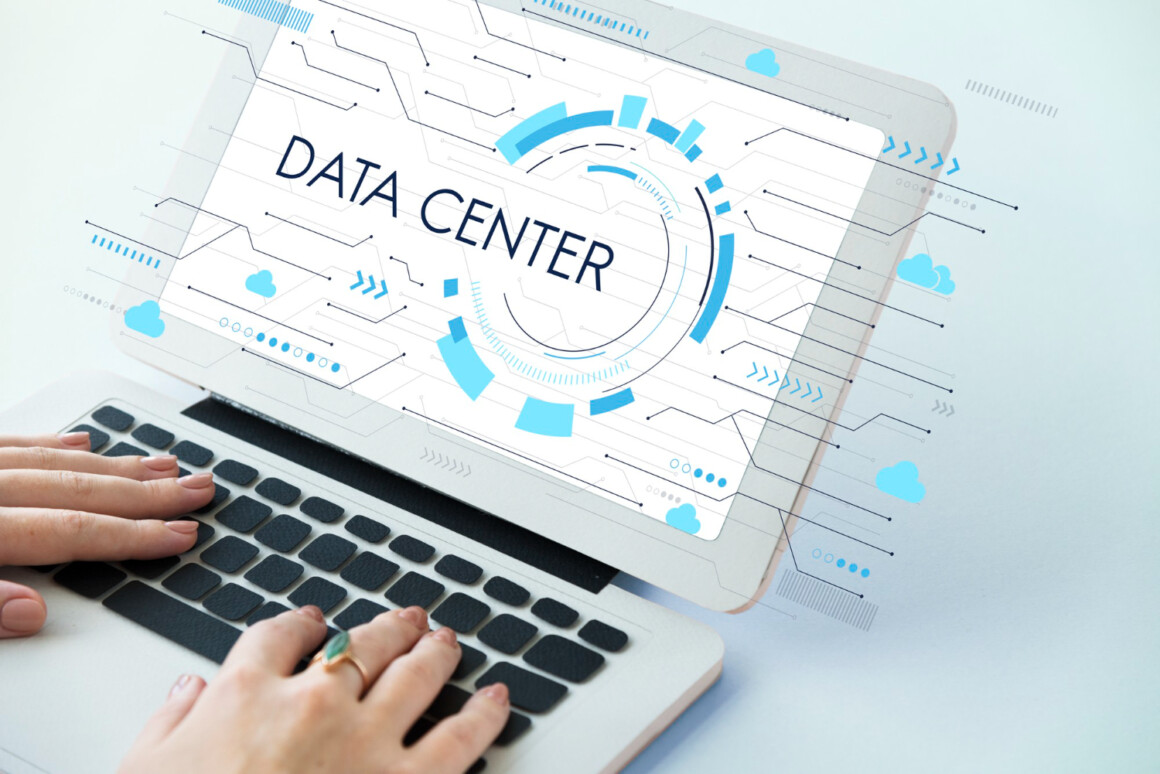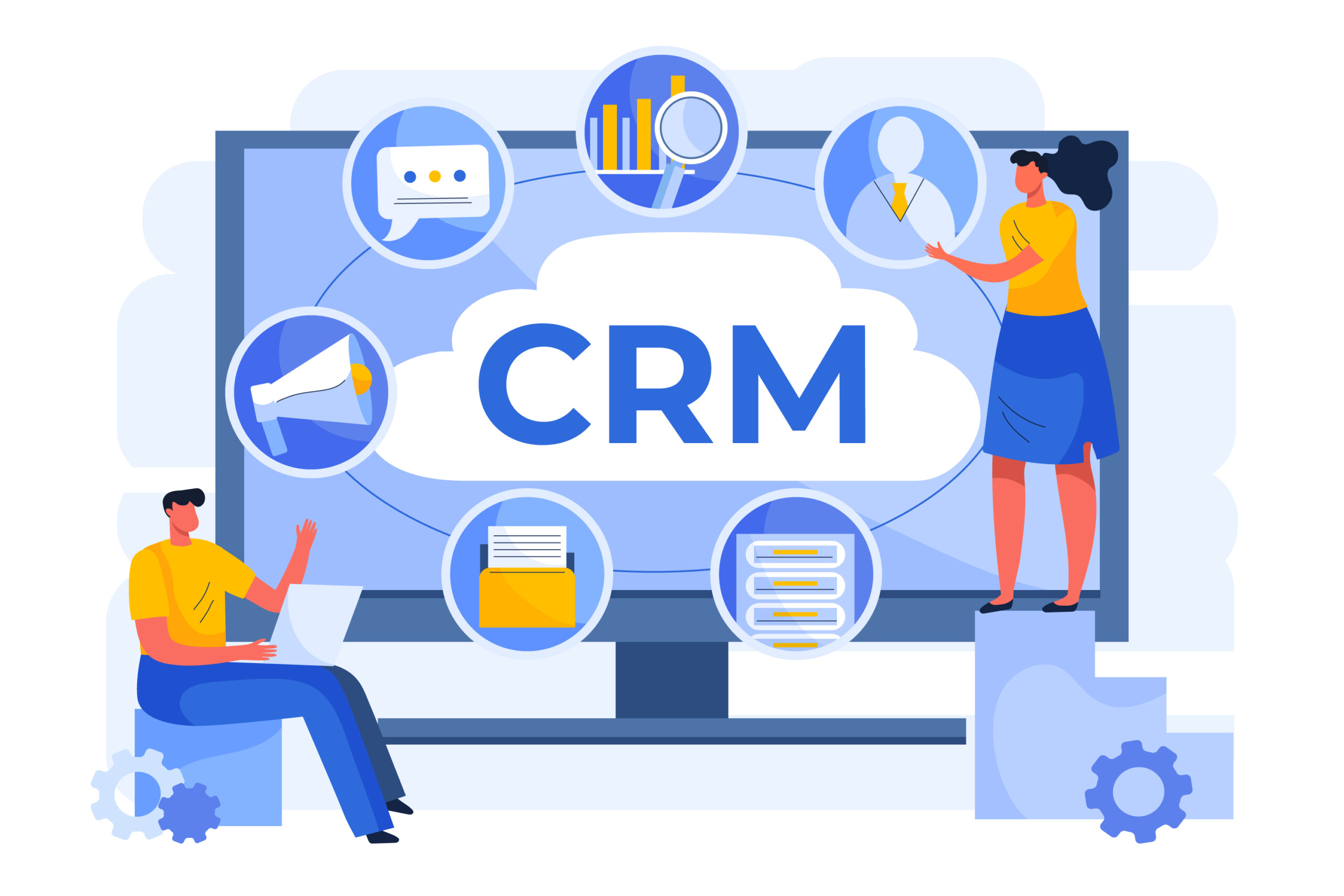Overview:
Are you wondering about the future of CRM in Business? If yes, you are in a suitable place; read this article till the end; customers are the centre of any business. Then, without them, it is not possible to make sales. In addition, it is impossible to make a brand distinctive, so all the business is willing to increase the customer experience and service level.
This is known as Customer relationship management or simply CRM; of late, CRM technologies have been advancing at a high rate, especially introducing new tools that help store vital information about the customers and also be able to transact.
However, into the near future, we remain visual learners, and here are some of what to expect and that may be the outliest from what to expect.
Complete Automation

Customer Relationship Management CRM is gaining importance, and the market mirrors its increased value, expected to be $79.40 billion in 2023. As technology advances and software is upgraded daily, it anticipates growth.
In actuality, CRM is widely used to automate and implement various procedures. It is a labour and time-intensive process. In the future, CRM will be more automated and finish tasks that, until now, meant a person had to spend time.
Examples of these tasks are:
- Sharing files
- Updating databases
- Sending notifications
The team becomes more efficient because automating tasks such as data entry, email marketing, and support guarantees that it has more resources and time to improve the client’s overall experience. Since automation eliminates repetitive tasks, the team becomes less burdened by monotonous processes that do not contribute to their productivity goals. The result of a team’s freed time is that they engage more directly with the issues that drive customer satisfaction and engagement. Not only does every interaction become more efficient, but so does every touchpoint in the process. The automation trend has forced many companies to adopt CRM software due to its tools that help streamline operations and achieve client-focused service levels required in the 21 st century.
Customer Focused

It seems that currently, businesses that focus on getting into the mindset of the buyer have better prospects for the future. Unlike in the past when corporations were the star of the show, the current trend towards data-driven prediction plays in the customer’s favour. Most companies today have data on their clients as online activity provides deep information regarding consumer needs. This data is used to collect and analyze by special software called Customer Relationship Management
Hence, traditional loyalty programs that bring negligible benefits to the buyer become mostly unnecessary. Moreover, when exact marketing efforts are made, showing relevance to the customer’s personality or interests, the retention rate spikes significantly.
The realisation that you not only understand the consumer’s issue but also sympathize creates a connection between vendor and customer.
Data-driven Personalization

First, the personalization is achieved by obtaining accurate information about potential customers. The required information is obtained from the data which the client voluntarily shares. CRM tools provide an opportunity to track clients’ purchase history and find out what they are interested in.
This makes it possible to make products that meet the customer’s requirements; hence, they are more likely to purchase. Personalization through automation is preferable in terms of time-saving and preventing resources used and wasted on strategies that may come out unsuccessful. In the end, the product is designed to solve a client’s problem entirely, helping to get the optimum solution with a single click.
Self-service Capability
A growing number of people nowadays value independence in their business. They can do many tasks on their own without any assistance. Therefore, many programs on this site help the client feel empowered, and this trend is only growing.
It means that self-service is especially important for companies that deal with information. For example, all people carefully handle their personal and work information and want to know that they can easily find the necessary data without someone’s help. The implementation of this approach should be:
- FAQS
- Chatbots
- Portals
This will be possible by the advanced technologies which are:
- Machine Learning
- Artificial intelligence
These will also offer you an in-depth analysis, which increases the customer’s experience.
Increased Mobile Integration:

The move from desktop software to mobile platforms is developing rapidly. Even customer relationship management systems are developed with a mobile-first in mind, since people use smartphones much more often. In addition to long-standing corporations, startups are also moving to mobile solutions. The reason is a general trend towards a remotely organized workplace presupposing excellent mobile usability.
Social Media

This makes integrating the influence of social media platforms a critical requirement. Millions use platforms to post their thoughts about different products and services, while Facebook alone has more than 2 billion users each day. Reviewing and sharing content through social media is the ideal path.
As the author explains, an ideal modern CRM software would link directly with social media and allow users to post reviews directly. In Chapter 1, the author explains that a modern software would incorporate social media and allow users to post reviews directly.
Most recent CRM systems are linked with social media through their systems. This way, it is easier to integrate CRM systems with social media. APIs are used to link CRM firms with social media firms.
Conclusion:
In the increasingly competitive world of business, customer service excellence and the development of long-term relationships with clients is a top priority for all businesses. The current advancement of CRM development is incorporating the utilization of Customer Relationship Management software.
The future of CRM is set on further task automation and delegating their fulfilment to teams working specifically to enhance the satisfaction of the customer. Moreover, all aspects of CRM are designed to be buyer-centric, and the use of buyers’ data for customization, primarily, marketing plans and development, is prioritized.
The integration of self-servicing and mobile-friendliness, combined with the potential of integration with social media play a significant role in making the future of CRM. This future is characterized by full automation, main customer focus, the utilization of personalized data, availability and flexibility of self-servicing, and the possibility of reaching more buyers and being available at any time.
You Must Also Like: A Comprehensive Guide On Short-Term Business Loan 2023



